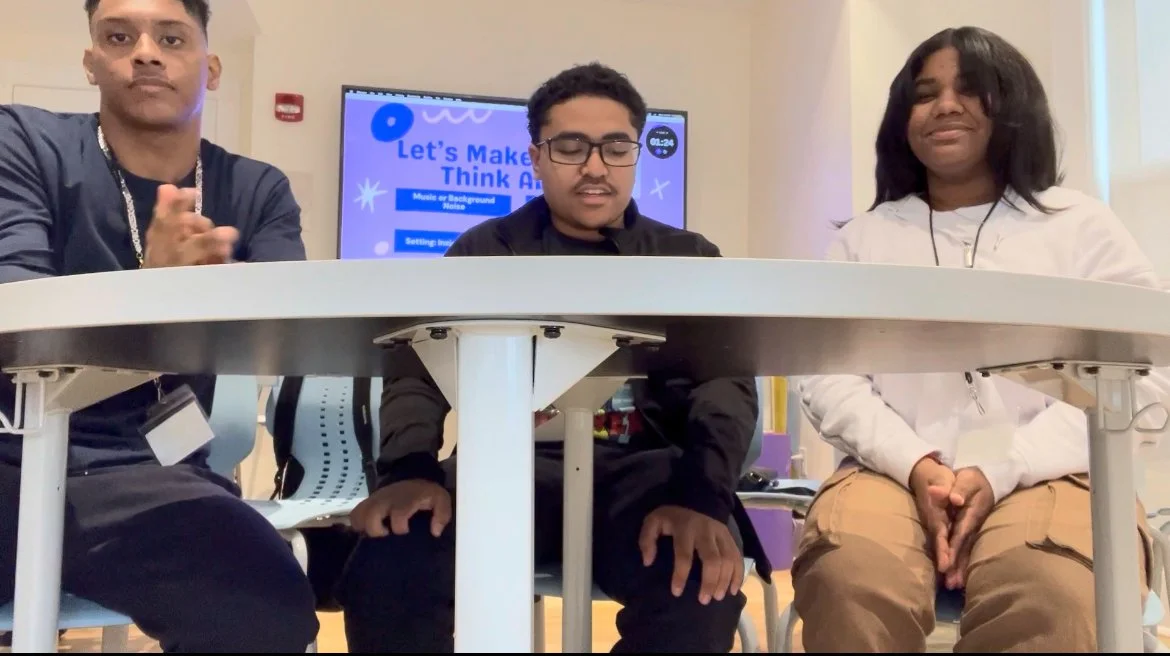Moving towards student-centered learning in Boston
Featured Post
Our Youth Community Organizers (YCOs) have been working really hard this year! As the next phase of their “Learn Us to Teach Us” education reform work, they have developed and finalized the platform that will guide their student-centered learning campaign over the next two and half years. In their student-centered learning platform, YCOs are calling for Boston Public Schools (BPS) to:
- Adopt an individualized learning strategy where every student learns at their own pace and finishes school ready for college or careers
- Include internship requirement and dual-enrollment opportunities to earn college credit while still in high school
- Cross-collaborate with community-based organizations so that schools can take advantage of existing resources in their communities and students can earn credit for the activities they participate outside of school
To develop their platform, YCOs have been holding discussions about the design of a student-centered learning-focused school, researching the demographics of students versus staff and administrators in BPS, brainstorming school policies that would better address the needs of Latino and English learner students, identifying opportunities for integrating cultural identity and exploration into the school-day, and creating more opportunities for youth voice in school design, policies and curricula. Their research included looking for resources and other schools that already do this type of work and analyzing the affiliations that currently exist between schools, community-based organizations and universities. Through their participation in the Amplifying Voice and Student Leadership cohort supported by the Nellie Mae Education Foundation, they have also visited schools to learn about the process they went through to adopt a student-centered learning approach and how to create incremental changes over time to achieve long-term goals.
To publicize their platform, YCOs have been attending School Committee meetings to testify about their experience in schools that are not student-centered and share their recommendations on how to make improvements that will benefit more students in BPS.










